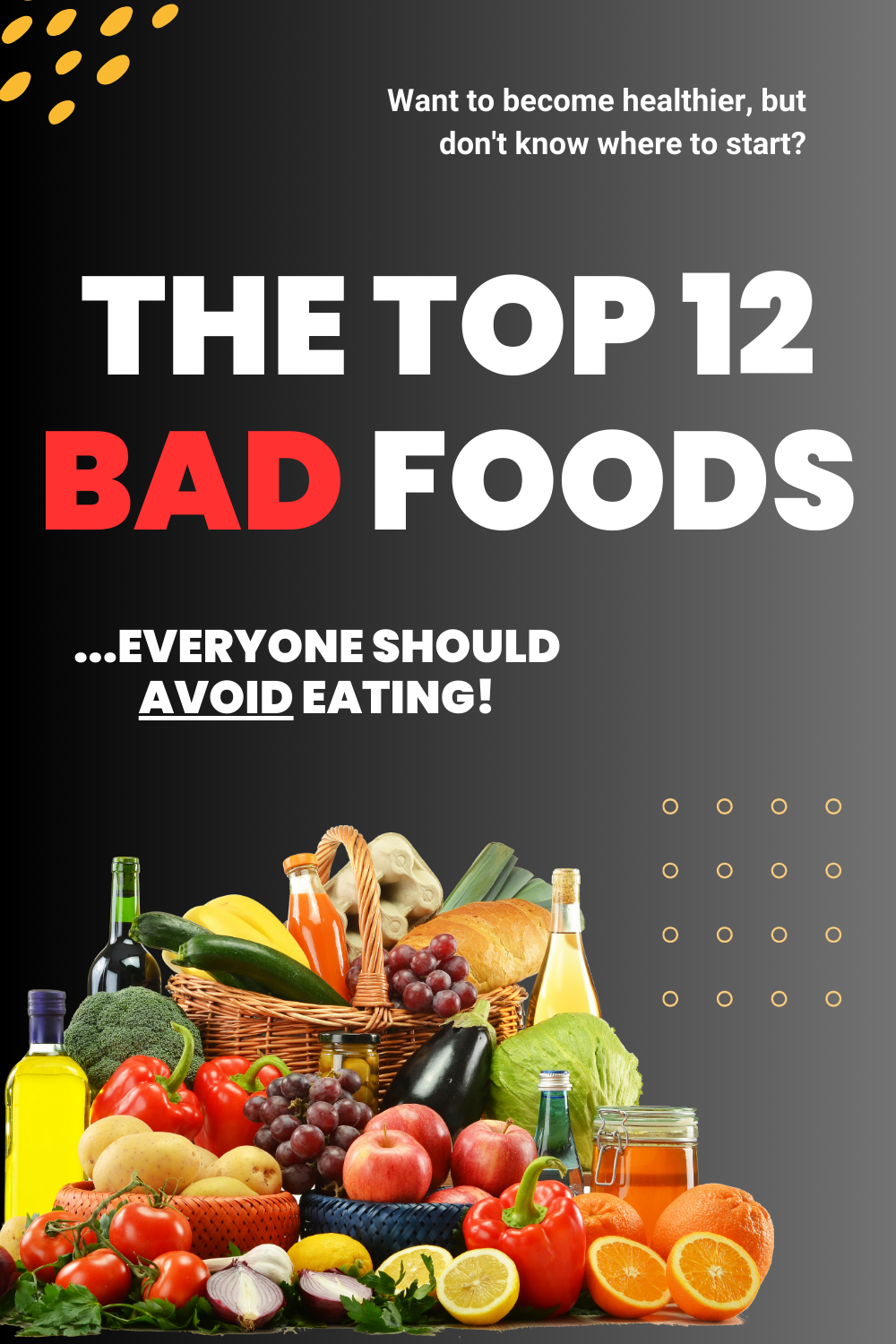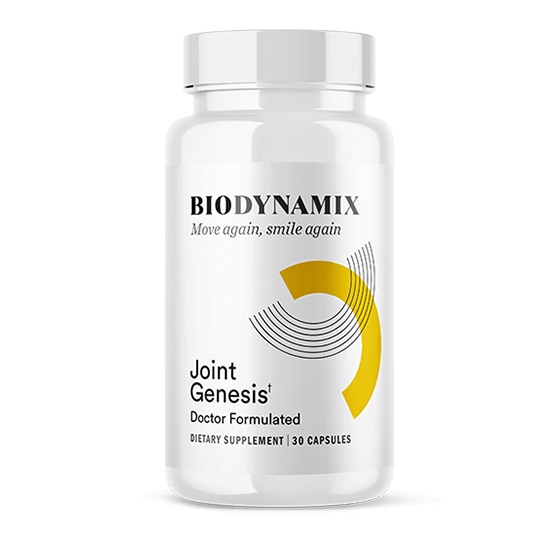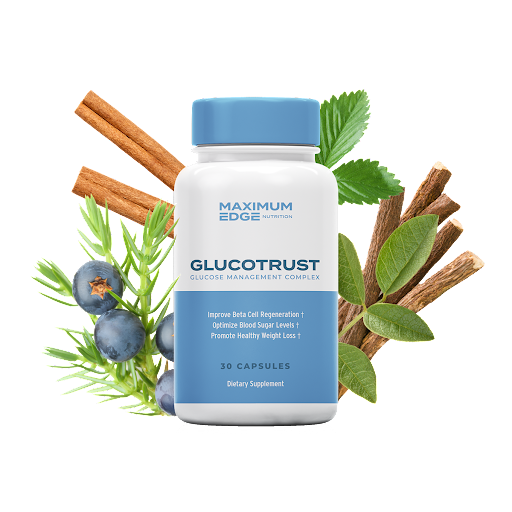"Want to become healthier, but don't know where to start?
Then just stop eating...
...The Top 12 Bad Foods."
The list of common foods that are BAD for the human body that
everyone should avoid eating!
If you eat any of these foods it's just a matter of time the net negative effects that they generate in your body add up and something breaks. If you unwittingly consume foods that's hurting your body every single day it's only a matter of time before something goes wrong.
Bad Foods

Did you know whole grain wheat, barley, rye and oats are bad for most human beings?
1. Wheat
2. Barley
3. Rye
4. Oats
Want to know why?
Have you ever heard of the damaging affects of "Gluten", which is contained in these four grains?
Here's the problem with gluten...
You see, gluten is a protein found in whole grain wheat, barley, rye, and oats. Now, proteins are made up of amino acids, which are essential nutrients that our bodies need but can't produce on their own.
The problem with gluten is that the chemical bonds holding the amino acids together are really tough for our stomach acid to break down. And to make matters worse, many people already have weak stomach acid. So when we eat foods containing gluten, the protein remains undigested, forming long chains of connected amino acids.
Now, our small intestine is responsible for absorbing nutrients into our bloodstream. But when it tries to absorb these undigested chains of amino acids, it can cause damage to the tissue in our intestinal tract. And damaged tissue means trouble for nutrient absorption.
Consistently consuming whole grains can be harmful because it directly damages our body's tissues, but it also indirectly affects our ability to absorb nutrients. And since chronic diseases often stem from nutrient deficiencies, the more whole grains we consume, the higher the risk of developing such diseases.
So, it might be a good idea to cut back on wheat, barley, rye, and oats for now. Your body will thank you for it! NOTE: Click link to learn all the damaging affects of eating wheat – it's shocking!

Next on the list is oil and fried food.
5. Oil in a Bottle
6. Fried Food
You know that little air gap you see between the top of the oil and the bottle? Well, that's actually not a good sign. It means that the oil is getting oxidized, or basically going bad. And when you heat up that oil in a pan, it oxidizes even more, creating inflammation in your body.
Now, when you fry food, the oil in converted to a toxic trans fat, and things get even worse. There's also a molecule called "acrylamide" that forms when you deep-fry certain proteins like chicken or potatoes. And guess what? Acrylamide is not a friend.
Acrylamide is actually known to be carcinogenic, meaning it can increase your risk of developing cancer. Yikes!
Here's something interesting: if you look at a map of life expectancies in the United States, you'll notice that people in the southern states tend to have shorter life expectancies. And it's not because they have different doctors or education or anything like that. It's because fried food is a big part of their culture. They eat it all the time, from breakfast to dinner. But all that fried goodness comes with a price, as it introduces cancer-causing substances and inflammation into their bodies.
So, if you're looking to improve your nutrition, it's time to say goodbye to oil in a bottle. No more salad dressings or cooking oils. And definitely no more fried food. But don't worry, there are alternatives. You can use vinegar, lemon juice, salt, and pepper to add flavor to your salads. And guess what? Health food stores now offer oil-free salad dressings too!
If you still want to cook something in a pan, no problem. Just opt for butter or lard instead of unhealthy oils like Crisco. Lard is actually rendered animal fat, like the French use. So, cook with lard or butter, season with salt, and enjoy a longer and healthier life.

7. Meat cooked well-done
Next on the list, red meat cooked well done can affect your health. You may have come across studies linking the consumption of red meat to an increased risk of cancer, particularly colon cancer. But here's the thing: it's Not necessarily the meat itself that's the problem, but rather how it's prepared and cooked.
When red meat is cooked well-done, it undergoes a chemical transformation that produces something called a "heterocyclic amine." These heterocyclic amines have been found to cause inflammation and potentially contribute to the development of cancer. However, when red meat is cooked rare or medium-rare, the formation of these harmful substances is significantly reduced.
If you're someone who enjoys meat, there's good news. You can still indulge in your favorite dishes while minimizing potential risks. Opt for cooking your meat rare or medium-rare to lower the formation of heterocyclic amines. If you're using a grill, consider wrapping the meat in aluminum foil to prevent the formation of grill marks, which also contain these harmful compounds.
It's important to avoid getting caught up in conflicting information from the media. Instead, focus on optimizing the structure and function of your body by making informed choices about how you cook and consume red meat. Remember, it's not the meat itself that's the issue, but rather how it's cooked and what substances are present.

8. Meat with Nitrates
While we are talking about meat. The next thing on the list is a common ingredient found in some meats: nitrates. They're added as preservatives to keep deli ham, deli turkey, bacon, pepperoni, and sausage looking fresh and red on the shelves.
However, when these meats are heated, those nitrates transform into a chemical called a "nitrosamine," which is known to be carcinogenic. Yikes!
But don't worry, I've got some tips to help you navigate this issue. One easy way to avoid nitrates is by shopping at Whole Foods. All the meat available in a Whole Foods Market Place is completely nitrate-free, so you can have peace of mind while picking up your favorite cuts. Another option is to visit your local butcher and let them know about your "allergy" to nitrates. Although you don't actually have an allergy, this little white lie will ensure that your butcher sells you nitrate-free meat. By avoiding nitrates, you're also reducing your risk of cancer and inflammation. It's a win-win situation!
Remember, taking care of your nutrition is essential for your overall well-being. So, let's stay away from those nitrates and keep ourselves healthy. Got it? Great!

9. Skins of baked potatoes/yams
Next on the list is the skins of baked potatoes, yams or sweet potatoes. You know when they get all nice and crispy from being baked twice or even thrice? Well, those crunchy skins are actually packed with something called "heterocyclic amines" due to the heating process.
Now, you might remember that we talked about heterocyclic amines before – they're the ones that can cause cancer and inflammation. So, if you're looking to enjoy a baked potato, yam, or sweet potato with a crispy crust, it's best to avoid eating the skin. You can still enjoy the delicious potato part, just leave the skin aside.
However, if you're really fond of eating the skin, there's a workaround. You can try boiling the potato, yam, or sweet potato, or even cooking them in a crockpot. This way, the skin won't turn crunchy and crispy, and you can still enjoy your meal without worrying about those harmful compounds.
It's important to remember that just like breathing in asbestos or working in a coal mine without a mask can lead to serious health issues, consuming foods that are causing harm to your body can have long-term consequences. By making healthier choices and avoiding foods that are gumming up the works, you're taking a big step towards supporting and promoting your body's ability to heal itself. Your well-being should always be a top priority!

10. Carbonated drinks WITH meals
Why Drinking Carbonated Beverages with Your Meal Isn't Ideal for Your Digestion
Let's talk about why it's not the best idea to enjoy a fizzy drink with your meal. Whether it's a refreshing soda, sparkling water, or even champagne, those bubbles actually come from carbon dioxide. Now, carbon dioxide has an interesting quality – it can neutralize acids in your stomach. But here's the thing, you want your stomach acid to be strong and powerful for proper digestion!
Ideally, your stomach acid should be so strong that it can break down pretty much anything you throw at it. You see, your stomach is like a little acid-filled bag, and the stronger the acid, the better it can do its job. However,...
When you drink a carbonated beverage before, during, or right after a meal, you're actually interfering with this important digestive process by neutralizing your stomach acid. Not the best move, my friend.
Now, let's talk about the strength of your stomach acid. Most people naturally have weaker stomach acid, and there are a couple of reasons for that. First, in order to have strong stomach acid, you need to be generous with the salt shaker when seasoning your food. Yep, that's right – your body needs the chloride found in salt to produce strong hydrochloric acid. Secondly, you need calcium to ensure that the hydrochloric acid is properly released into your stomach. This calcium is released by special cells called chief cells. So, if you're lacking in calcium, the production of hydrochloric acid can be compromised.
Now, here's the tricky part. Many people have been advised by their doctors to follow a low-salt diet, and as a result, they may be deficient in calcium. This means that most people already have weaker stomach acid to begin with. And when you add a carbonated beverage on top of that weak acid, it becomes even weaker. And guess what? That means your body won't be able to digest your food properly.
So, my friend, it's best to avoid carbonated beverages during mealtime if you want to give your stomach the superhero powers it needs to break down your food effectively. Instead, try sipping on water or enjoying a non-carbonated beverage to keep your digestion on track. Your tummy will thank you!

11. Soy
12. Corn
Next on the list are two commonly consumed foods, corn and soy that you might want to totally avoid. Why? Because...
Corn and soy are amongst the most genetically modified, genetically engineered foods available on planet earth! And to make matters worse, they are abundantly, copiously, profusely sprayed with an herbicide called "Roundup", the scientific name for which is "glyphosate".
These crops are often genetically modified AND sprayed with an herbicide called "Roundup." Fortunately, the World Health Organization has classified Roundup as a carcinogen, meaning it can potentially cause cancer! Scary, right?
Studies have also shown a direct link between consuming genetically engineered corn and soy and the development of certain types of cancer, as well as an increased risk of high blood pressure and stroke-related deaths. It's alarming to see these health issues associated with these foods.
Kidney cancer is also a concern when it comes to genetically modified corn and soy. The same goes for bladder and thyroid cancer. These are serious conditions that we definitely want to avoid.
When you consider all of these health risks together, it's clear that genetically engineered corn and soy, especially when sprayed with Roundup, should be approached with caution. Unfortunately, in the United States, it can be challenging to determine if corn or soy labeled as "organic" is truly organic. So, it's essential to do your homework and find reliable sources like Whole Foods, which has a great labeling system to help consumers like you make informed choices.
Unless you're growing your own fruits and vegetables, it's nearly impossible to know if they've been genetically modified. The moral of the story is to avoid corn and soy unless you're certain they're non-GMO and haven't been sprayed with Roundup. This advice also extends to other products like corn syrup, which is commonly found in many foods these days. If Roundup can have these effects on corn and soy, it's reasonable to assume that other crops treated with pesticides might have similar consequences. While it's an extrapolation, it's better to err on the side of caution.
My recommendation is to go organic whenever possible. Educate yourself about what truly qualifies as organic and be mindful of potentially suspect foods. And for goodness' sake, stay away from corn and soy, along with other foods that are generally considered unhealthy. Instead, focus on nourishing your body with the 91 essential nutrients it needs to thrive. Wishing you a long and healthy life. Take care!

Please share this website or article with all of your friends and family! They will thank you for helping them to think differently about improving their health.
Disclaimer: This site offers health, wellness, fitness and nutritional information and is designed for educational purposes only and is not intended to replace the advice of your doctor. As with any nutritional information, be sure to check with your health care provider before beginning any new program.




